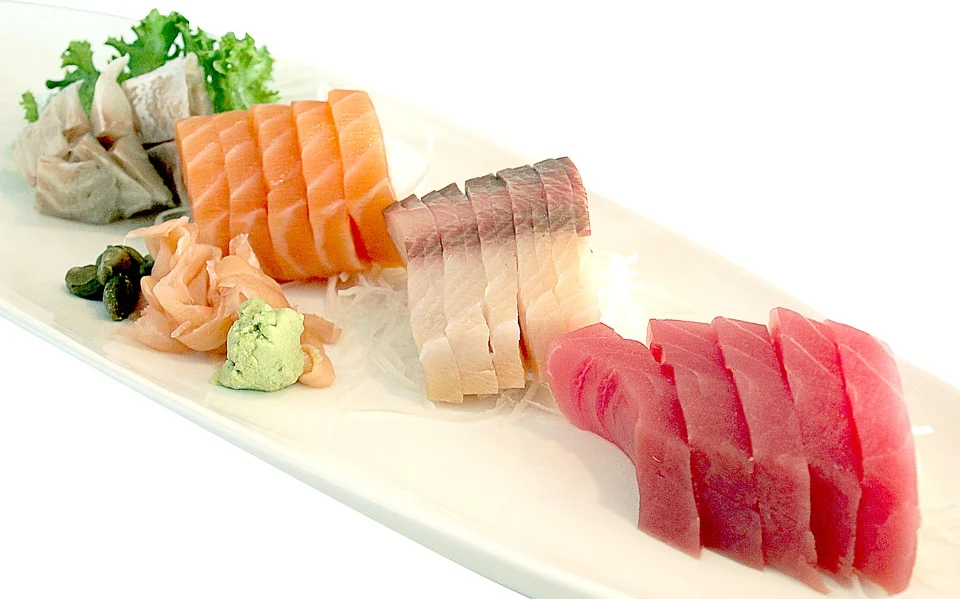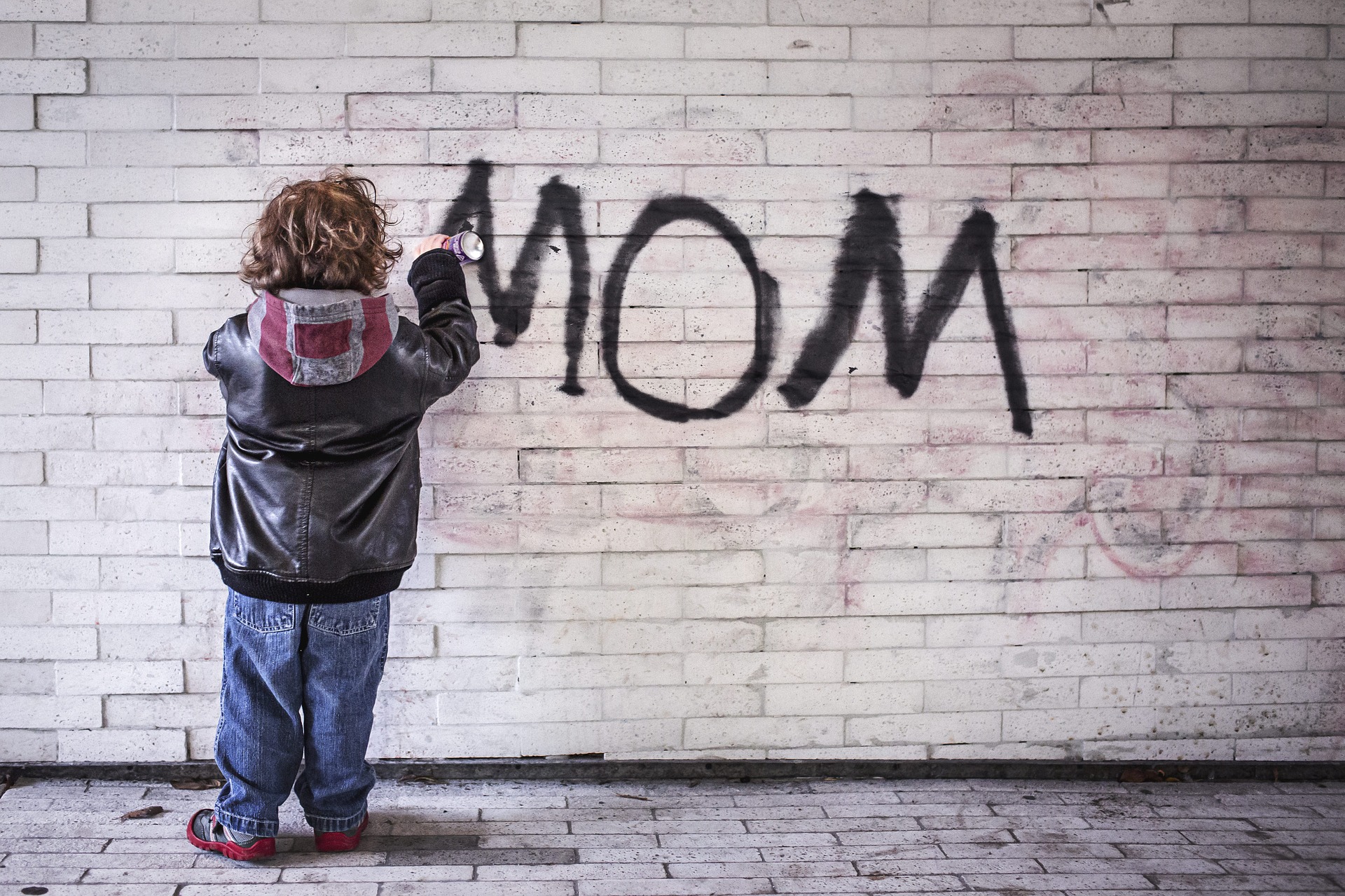Jenni MacLean
AP Environmental Science ♻️
252 resourcesSee Units
5.1: The Tragedy of the Commons 🎭
The Tragedy of the Commons 🎭 is an idea that came about from a paper written by Garrett Hardin in 1968. This is a concept that humans will pursue self-interest rather than a common good when using a shared resource. This idea is that if people think they will not directly harm anyone and their gain is great, it is worth it to take advantage of a situation. It's a comment on human nature and how that, in turn, affects the environment. When we consider that billions of people think this way, the Earth and its common resources can very quickly run out or 'become degraded.'
Examples of commons:
- Oceans - Polluting the water or over-harvesting the biomass.
- Air - adding pollutants.
- Freshwater - Using or redirecting it, polluting it.
- Game animals for hunting - taking more than a sustainable amount.
- Bureau of Land Management Land (BLM Land) - Common use land for grazing or offroad vehicles that damage the environment.
- National parks - Land set aside for everyone in the community to enjoy being overused.
Ways to regulate people's actions:
- Laws:👮 Rules and regulations limit how people access a commons so that it is still available for everyone to use.
- Privatization:🔐 People are much more likely to take care of their own property.
- Education or Peer and community Pressure:📓 Letting people know how their actions impact others and teach them about preserving a commons.
Scenarios of Commons
This concept can be applied to any common good; let's look at a few examples and apply the regulations to solve the degradation of the commons.

Image Courtesy of Pixaby
Halloween Candy 🍬: A bowl full of Halloween candy left outside is a common good; everyone owns and has access to it. It's not stealing to take one or even all of it to yourself because the person who left it intended for people to take it. So, taking the entire bowl of candy increases your gain by a lot and only mildly hurts the people who come after you and find the bowl empty. This is the idea that if it's not going to significantly hurt anyone, it's worth the gain.
- Laws: 👮 To preserve the candy bowl, lawmakers pass a law that states only one candy per person a year is allowed and that a candy officer must be hired to patrol the candy bowl to enforce the law.
- Privatization: 🔐 Each person living in that neighborhood is assigned one candy. They only have one candy delivered to their house, and we get rid of the candy bowl entirely. They may not choose their candy and must trade with their neighbors or sell their candy if they want to access different kinds.
- Education or Peer and Community Pressure: 📓 Kids in the neighborhood are sick of finding empty candy bowls and are fearful that candy bowls will no longer exist if nothing changes. They start a “Save the Candy Bowl” campaign by making shirts and fliers, holding a protest, and walking around the community to raise awareness for the plight of the candy bowl and how to save it.

Image Courtesy of Pixabay
Ocean Fishing 🎣: There are billions of fish in the ocean, and only international waters are unregulated and not owned by any country. You can take only what you need to feed your family, OR you can take as many as you can possibly catch and make a profit. You are not taking fish away from any one individual, and if you don't take them, the next fishing boat will anyway.
- Laws:👮 Fishing quotas are developed, and only a certain number of each species of fish may be caught per person. Marine preserves are identified for their importance in the reproduction of marine species and protection.
- Privatization: 🔐 The majority of the ocean cannot be privatized. In general, 200 miles of water around each country is owned by that country, allowing each country to protect its shoreline.
- Education for Peer and Community Pressure: 📓 People start an educational campaign about the importance of preserving marine life and how harmful fishing practices are. People are encouraged to eat more sustainable fish species or abstain from eating fish altogether.
Here is another example of a tragedy of the commons. Can you identify laws, privatization, and education strategies for preserving the commons?

Image Courtesy of Pixaby
City Bus 🚌: While riding on the city bus, you are tempted to graffiti on the back of the seat. You enjoy the experience and decide the small downside to others is worth your gain. The following person who must sit there is mildly upset about the graffiti but not specifically harmed. You would never graffiti that person’s living room chair because that would damage their personal property and cause them extreme unhappiness, but the city bus belongs to everyone and is a different story.
- Laws: 👮
- Privatization: 🔐
- Education for Peer and Community Pressure: 📓
Browse Study Guides By Unit
🏜Unit 1 – The Living World: Ecosystems
🐠Unit 2 – The Living World: Biodiversity
👪Unit 3 – Populations
🌏Unit 4 – Earth Systems & Resources
🏖Unit 5 – Land & Water Use
⚡️Unit 6 – Energy Resources & Consumption
💨Unit 7 – Atmospheric Pollution
♻️Unit 8 – Aquatic & Terrestrial Pollution
🔥Unit 9 – Global Change
🧐Multiple Choice Questions (MCQs)
✍️Free Response Questions (FRQs)
📆Big Reviews: Finals & Exam Prep

Fiveable
Resources
© 2023 Fiveable Inc. All rights reserved.